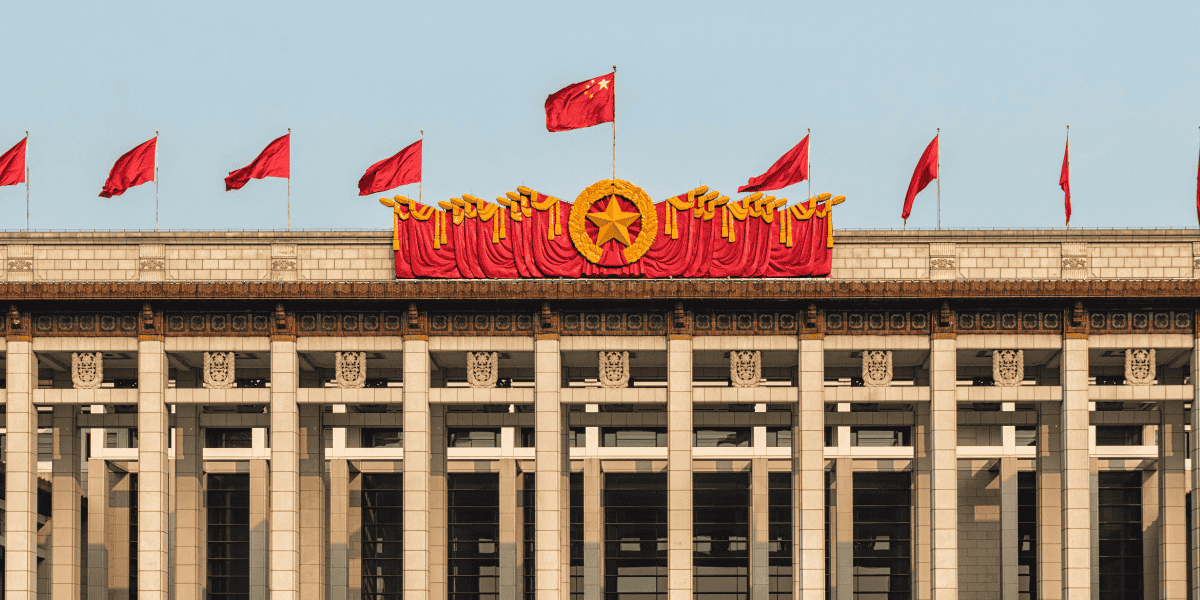According to a statement by China’s State Council, after a meeting chaired by Premier Wen Jiabao, the government promised to push forward its structural reform programmes, including tax measures, to improve the country’s economic development and improve people’s living standards.
The reforms, including improvements to pensions and health insurance, and the promotion of both industrialization and agricultural modernization, will include the reorganization of state-owned enterprises into joint-stock companies and the encouragement of private investments in areas previously reserved to the state, such as the railways, banking, energy, telecommunications and education.
The government is to speed up its structural tax reform policies, including pressing ahead with the ‘value added tax (VAT) for business tax’ policy and the expansion of resource taxation.
A pilot scheme to replace the existing business tax on the country’s service sector with value added tax (VAT) started in Shanghai on January 1 this year, and extends VAT, which is currently imposed on manufacturing companies, to selected service industries, such as transport. It is now expected that the scheme will be extended nationwide.














